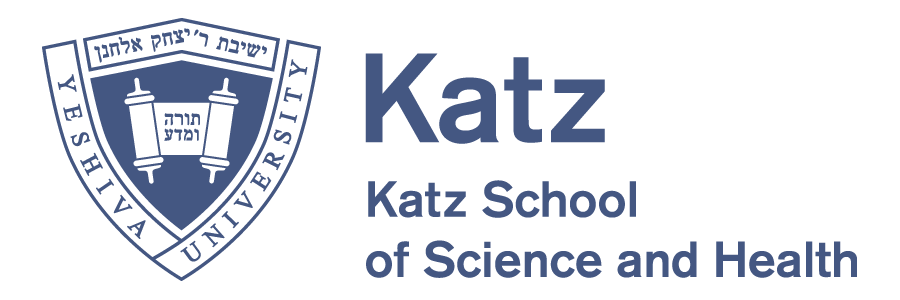
Accreditation and Outcomes
Making the World Smarter, Safer and Healthier
-
The Master of Science (M.S.) education program in speech-language pathology residential and distance education at Yeshiva University is accredited by the Council on Academic Accreditation in Audiology and Speech-Language Pathology of the American Speech-Language-Hearing Association, 2200 Research Boulevard, #310, Rockville, MD 20850, 800-498-2071 or 301-296-5700.
-
Mission
The mission of the M.S. in Speech-Language Pathology is to prepare speech-language pathology clinicians to serve as qualified, knowledgeable, and ethical practitioners ready for employment in diverse settings, including those that are medical and complex in nature.
Strategic Plan 2020-2024
The SLP program is committed to academic and clinical excellence. Informed by our mission, this strategic plan identifies the ways in which the program intends to achieve its vision for a successful future. The strategic plan will be reviewed on an annual basis.
Through an ongoing process, faculty within the program have established the following strategic planning goals as specified in Standard 1.5 of the Council on Academic Accreditation (CAA) Standards for Accreditation of Graduate Education Programs in Audiology and Speech-Language Pathology:
Goal 1: Student recruitment and retention
- Maintain enrollment with high-quality, diverse students committed to academic and clinical excellence
- Collaborate with YU’s graduate enrollment management office to attract students of diverse backgrounds, international students and minorities
- Review applications in a holistic manner in order to attract a broad range of diverse students
- Collaborate with YU undergraduate schools to facilitate the graduate admissions process and ease the transition to graduate school
- Connect prospective students to faculty members to showcase the program’s unique medically focused curriculum and inclusive learning environment
Goal 2: Faculty recruitment and retention
- Improve pedagogical skills through ongoing training, continuing education and mentorship
- Provide appropriate financial support for faculty research, continuing education and scholarship
- Actively participate in professional organizations at the local, regional, national, and international level
- Develop and implement faculty mentoring program
- Actively engage in the pursuit of doctoral level faculty members to support the growth of the program
Goal 3: Provide an excellent education in communication sciences and disorders
- Secure and expand diverse clinical externships serving populations across the lifespan and complexity of disorders.
- Develop and implement breadth and depth of academic and clinical courses to address the challenges in management of speech-language pathology and swallowing disorders.
- Continually evaluate and modify all elements of the program based on data and feedback from faculty, students, external supervisors and alumni.
- Utilize faculty members to teach specific course content based on depth of expertise and experience.
- Provide opportunities for student leadership experiences through NSSLHA, the student organization
Goal 4: Program expansion and community outreach
- Enhance the program by expanding from a full-time residential program to include an online format and a part-time program
- Initiate community-based clinical opportunities to provide services to those with communication deficits
Updated: January 2021
-
The M.S. in Speech-Language Pathology seeks to develop professionals who are both knowledgeable, skilled and ethical in the assessment, diagnosis and treatment of communication disorders as well as knowledgeable about the state and national requirements for documentation of services rendered. Successful completion of the program prepares you to meet the academic and clinical requirements to apply for certification from the American Speech-Language-Hearing Association (ASHA) and licensure in the State of New York. The following guidelines pertain to national and state licensure:
-
Download Student Learning Goals (PDF)
-
Download Student Governance/CAA Complaint Procedures (PDF)
-
The graduate health science programs at the Katz School of Science and Health prioritize individual dignity and promote a culture of diversity, inclusivity, and equity in a supportive patient care, learning, and research environment. We are committed to creating a community that recognizes and embraces diverse backgrounds and identities.
Every student, faculty member, patient and their family will be treated with respect, dignity, and professionalism. We do not tolerate or condone discrimination.
We are committed to delivering health care and education in a manner that respects diversity and inclusivity with the full intent of achieving better health, happiness, quality of life, and communication outcomes for all.


